Note from the film director:
The term “repatriation” and “return” are politically corect used in the fallowing reports by except of the 1951 convention. The abpsurdity of political power reffers to people who have never been in place that they should be “return”. It is also true that the generations who left to EU countries in last few years are indeed return or being repatriated. Although, many youth, children are not the ones who are being repatriate or return.
The fallowing reporst are downloaded from Amnesty International, UNHCR, RADC, UNICEF, Human Rights Watch. Please flick on the image to be redirected to their full reports.a
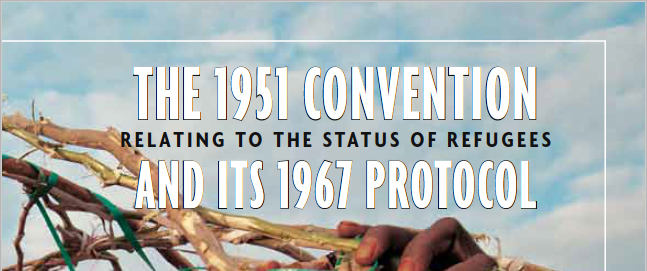
In the af termath of Worl d War I ( 1 9 1 4 – 1 9 1 8) , millions of people fled their homelands in search of refuge. Governments responded by drawing up a set of international agreements to provide travel documents for these people who were, effectively, the first refugees of the 20th century. Their numbers increased dramatically during and after World War II (1939-1945), as millions more were forcibly displaced, deported and/or resettled.
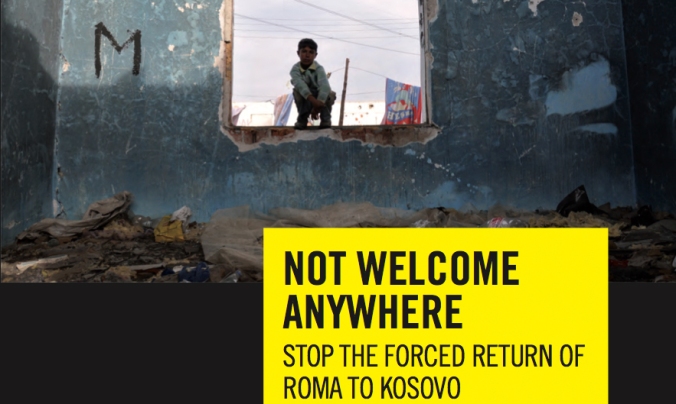
Increasing numbers of Roma and members of other minority communities are being forcibly returned to Kosovo by European Union (EU) member states, despite recommendations by the UN High Commissioner for Refugees on their eligibility for continued international protection. Amnesty International considers decisions by EU countries to withdraw international protection to be premature. This report documents the persistent discrimination and cumulative human rights violations experienced by forcibly returned Roma and other minorities, including the Kosovo authorities’ failure to ensure that forced returnees have access to documentation and to guarantee their rights to education, health care, employment and housing.

The policies of the Government of Kosovo in the field of migration and reintegration of repatriated persons represent an important aspect in the relationship of the Republic of Kosovo with EU Member States within the commitment of the Government of the Republic of Kosovo (hereinafter Government ) for visa liberalization and accession to the European Union/

The Republic of Kosovo Government And The Government of the Federal Republic of Germany – From a desire to develop friendly relations and a deeper co-operation between the two countries, With the aim that they might together eliminate illegal migration, in the spirit of European efforts, Led by a desire that in accordance with the general norms of international rights and in the spirit of collaboration in good faith, they might regulate the admission of persons remaining illegally in the sovereign territory of the other contracting party.
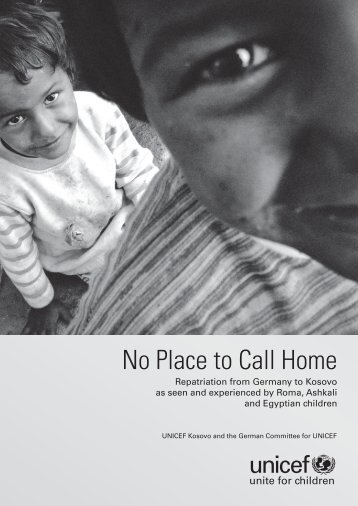
‘Children are the ones most affected by these forced returns. They have all grown up in Germany, many of them were born in this country, and do not speak any language other than German. They are suddenly taken away from their schools, compelled to leave their community and surroundings, which they always considered to be their home, and are sent to a place most have never been to before and whose language they do not speak. A place that is foreign to them.’ Thomas Hammarberg, Council of Europe Commissioner for Human Rights

The policies of the Government of Kosovo in the field of migration and reintegration of repatriated persons represent an important aspect in the relationship of the Republic of Kosovo with EU Member States within the commitment of the Government of the Republic of Kosovo (hereinafter Government ) for visa liberalization and accession to the European Union.
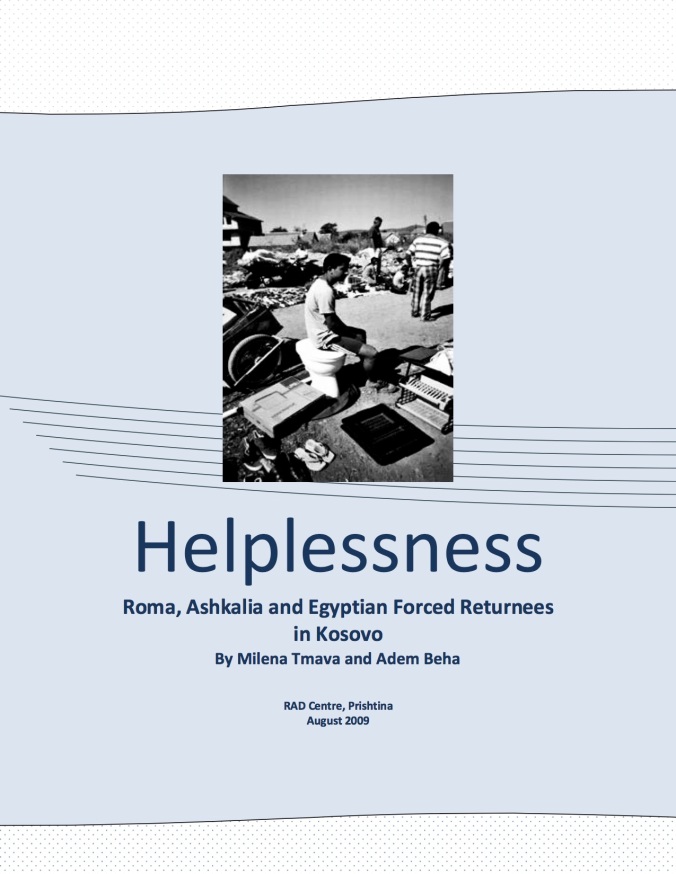
Facing the current developments in the field of returning RAE community members from west- ern countries to Kosovo, the RAD Center publishes this report in order to analyze the precarious circumstances and living conditions of RAE returnees and to emphasize the need for change in the readmission policies of Germany and other European countries.
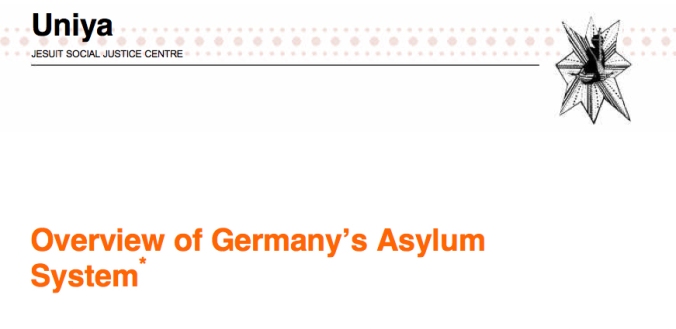
German asylum law acknowledges the United Nations Convention on the Status of Refugees (or “Refugee Convention”) of 1951 and its 1967 Protocol, which accord special protection to refugees. The Convention also includes the principles of “non-refoulement”, that is the repatriations of a person to a territory where s/he would face persecution, on which refugee law is primarily based. In 1993 Germany strengthened its asylum laws, but, since then unauthorised immigration into Germany has been growing. However, German asylum law and policy has been in some flux over the last few years.